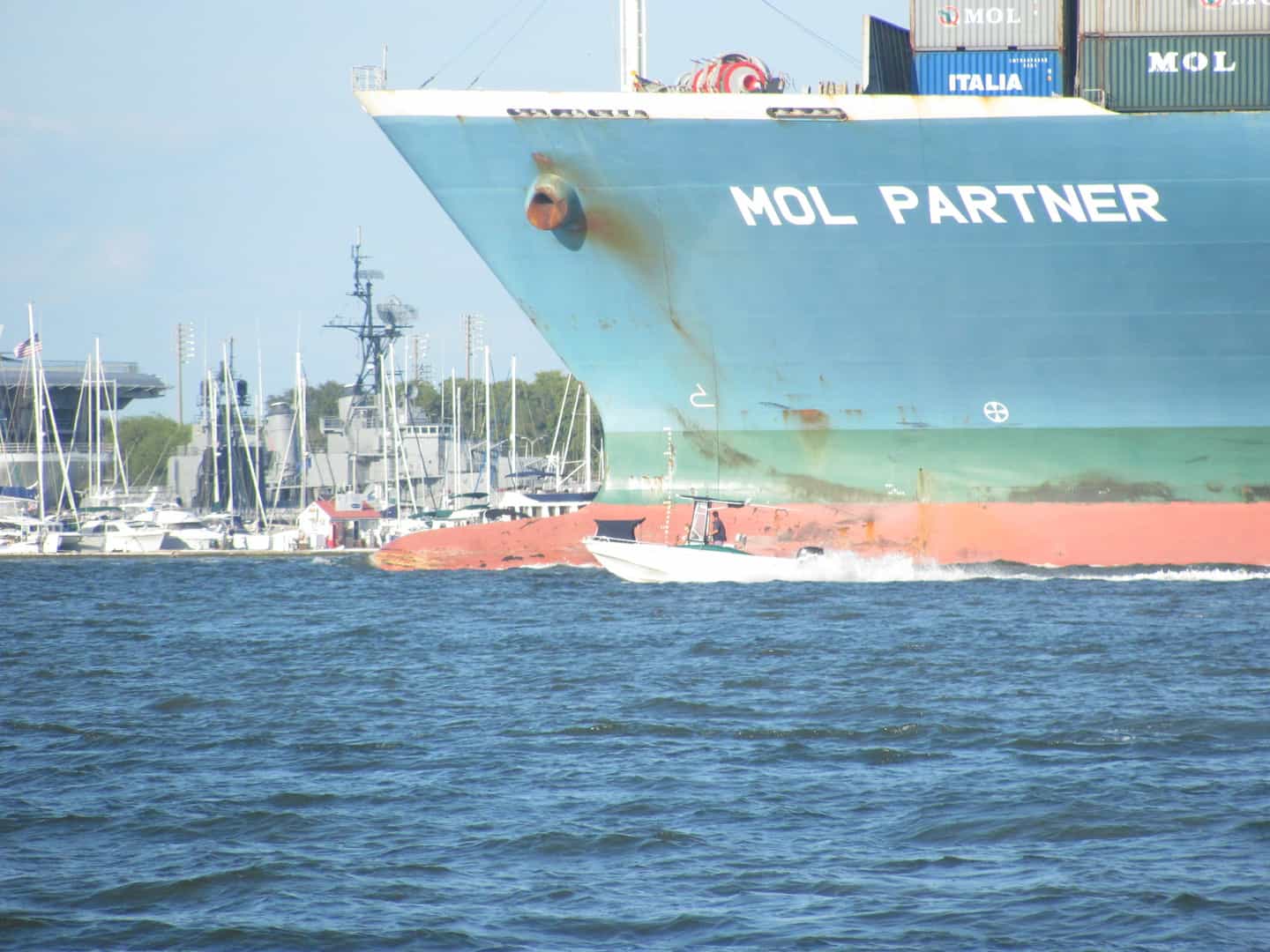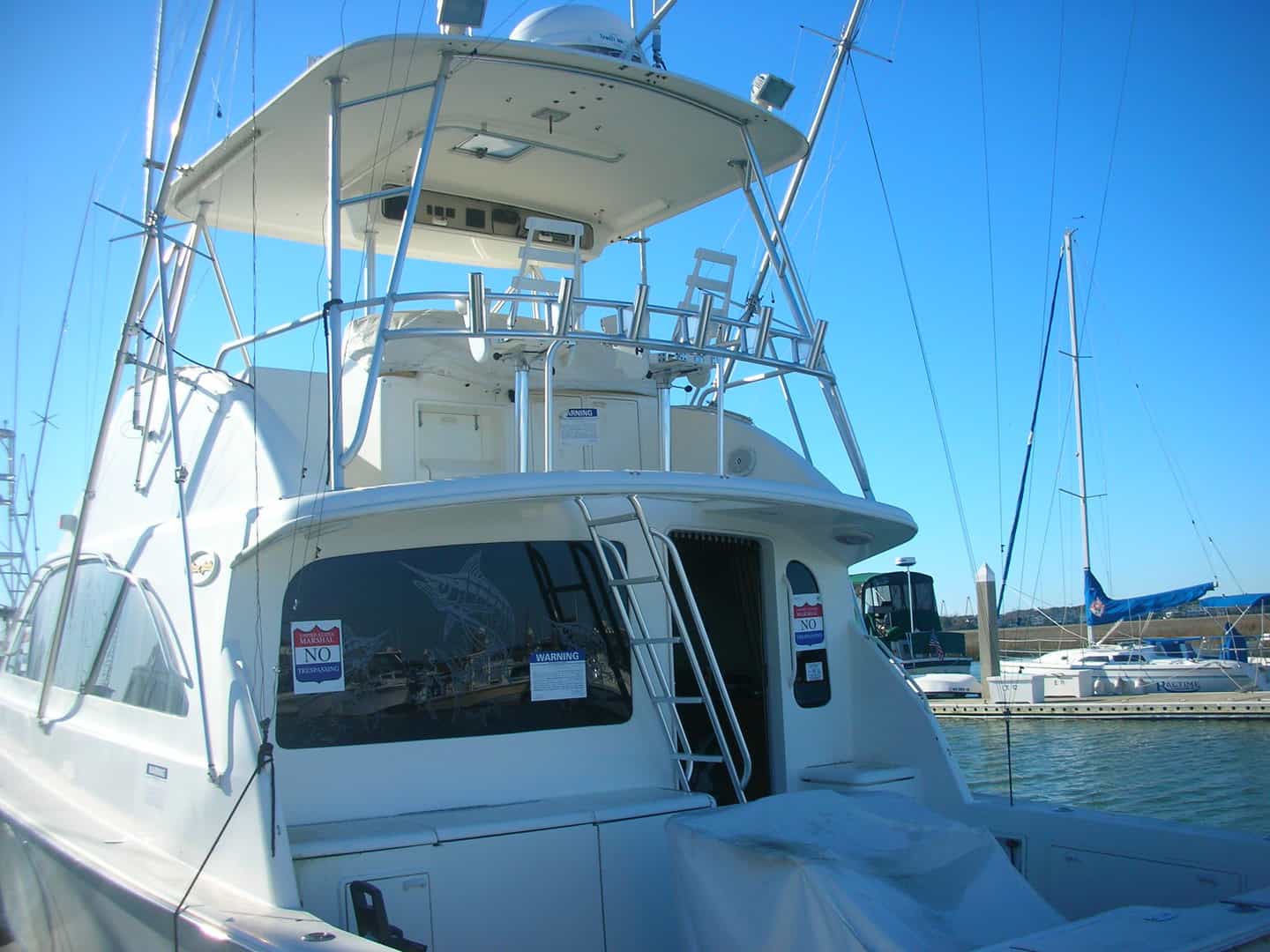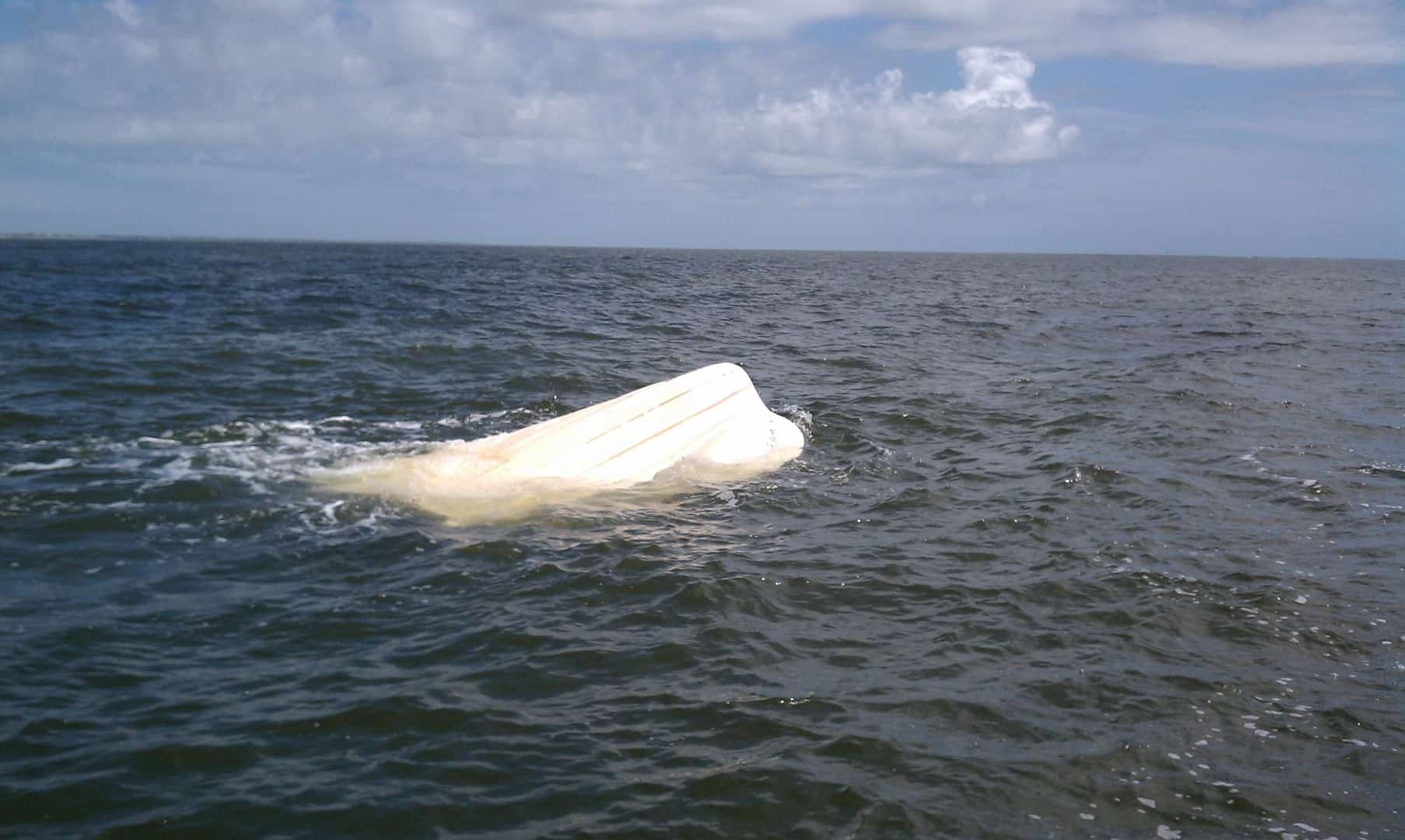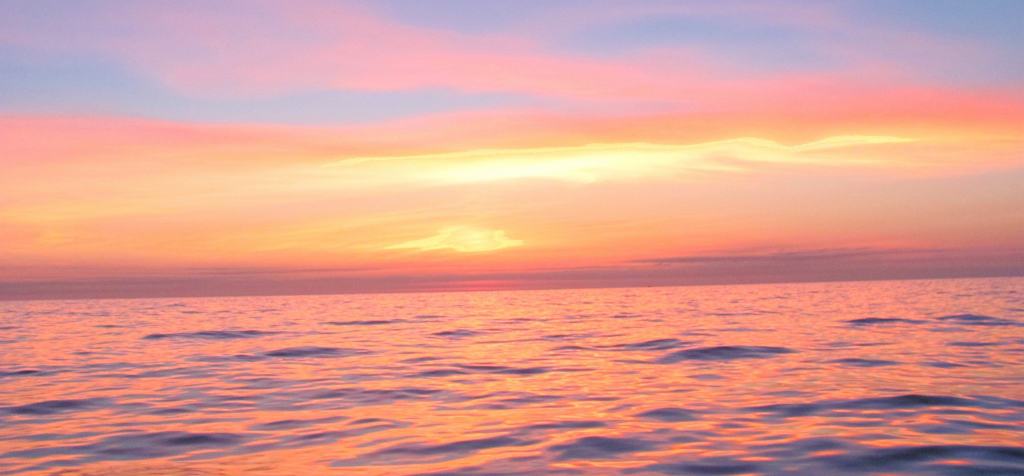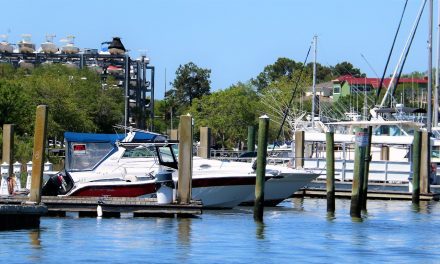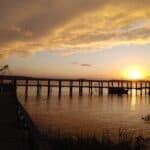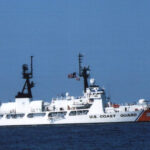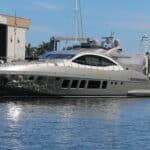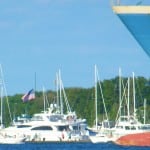Good morning to Captain and crew alike, and welcome to the Admiralty Docket.
Today we answer a client’s question about how admiralty jurisdiction can exist for damage to inland structures through examination of the Admiralty Extension Act and the case of the great Chicago Flood.
On April 13, 1992 water from the Chicago River poured nonstop into a freight tunnel running under the river and thence into the buildings in the downtown Chicago Loop. Chicago is a fair sized town and, during the last 100 years, has always been located in the Northern latitudes, so the buildings are constructed with basements. The floodwaters entered the lower levels of so many buildings that the event became known as the “Chicago Flood.”
Garment wholesalers, candy makers, restauranteurs, salesmen, and business persons from all sectors of the economy, filed tort claims in state court against Great Lakes Dredge and Dock for negligent pile driving in the river near the freight tunnel and against the city for negligent maintenance of its freight tunnel. The handsomely paid admiralty lawyers for Great Lakes Dredge and Dock filed a petition in the federal court for limitation of its liability to the value of its tug and its two barges which performed the pile driving. This action depended upon allegations supporting the admiralty jurisdiction of the federal court.
The pizza distributors, merchants, and bow tie brokers were furious. Their lawyers questioned how claims for damage to merchandise a mile from navigable waters could be covered by admiralty law. They puzzled over a law which would allow Great Lakes to limit its liability for millions of dollars of damage to the combined value of an old tug and two rusty spud barges. On their motion, the district court dismissed the
Limitation action for lack of admiralty jurisdiction.
Admiralty attorneys for Great Lakes appealed to the U.S. Court of Appeals for the Seventh Circuit, which found admiralty jurisdiction and reversed the decision of the district court. This decision was based upon the Extension of Admiralty Jurisdiction Act, sometimes referred to as the “Admiralty Extension Act”, which invests federal courts with admiralty jurisdiction over all cases where the injury was caused by a ship or other vessel on navigable waters, even if such injury occurred on land.
Furious, the plaintiffs’ lawyers appealed to the U.S. Supreme Court, but on February 22, 1995, this nation’s highest court sided with Great Lakes and found admiralty jurisdiction over claims caused by negligent pile driving resulting in the Chicago Flood.
Thus, the Admiralty Extension Act extends admiralty jurisdiction, along with its sometimes bewildering remedies and procedures (in this case, the Limitation of Vessel Owners’ Liability Act), to those acts which occur on land but are proximately caused by vessels in navigation.
More next week on the Admiralty Docket. Until then may God Almighty grant you pleasant sailing.

